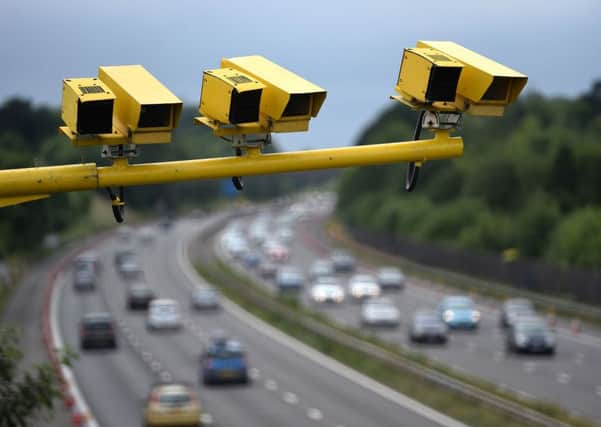‘Insurance black boxes and the surveillance state – how free are you, really?’


Over the last few years there’s been a noticeable rise in the number of drivers opting to fit a “black box” to their cars in order to obtain cheaper insurance. According to some recent reports, these black boxes could save drivers as much as £300 a year.
The idea is that the boxes send location data to nearby satellites, allowing insurance companies to monitor how people are driving, offering discounts and even refunds to those deemed to be driving more safely. As a result, black box drivers tend to drive quite cautiously, avoiding fast acceleration and never exceeding the speed limit, wherever they happen to be.
Advertisement
Hide AdAdvertisement
Hide Ad